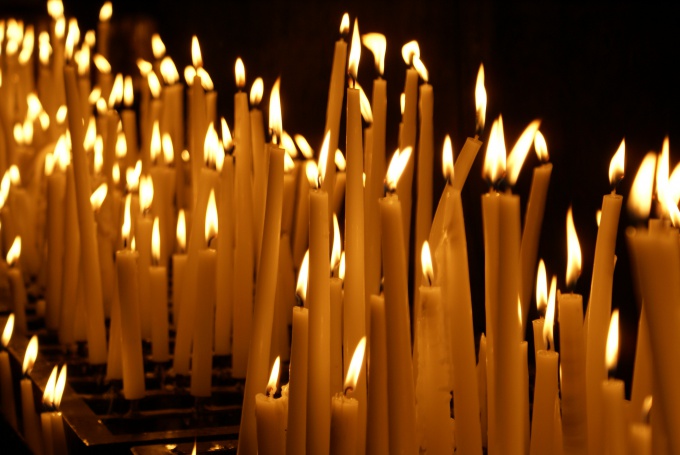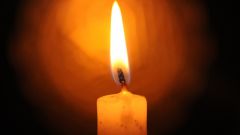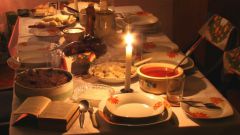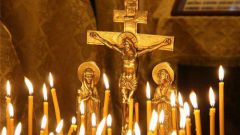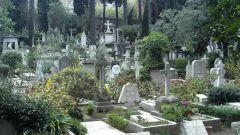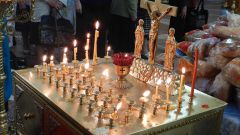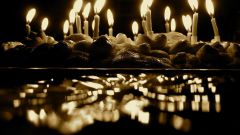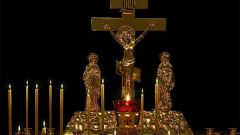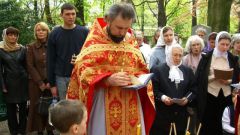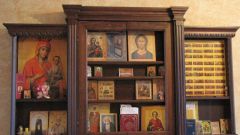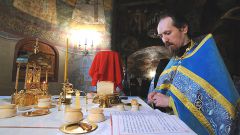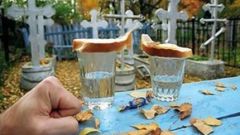You will need
- Prayer
- Church candles
- Charity
Instruction
1
The main commemoration of the dead takes place in the Church at the divine Liturgy and in the custom of the funeral prayers, and memorials and liliah. The commemoration can be ordered at any Church, for example, forty days – prayers for the dead, for a year – the annual commemoration. The Church's commemoration is allowed to make only baptized the dead.
2
Relatives and friends of the deceased can every day to remember him in their home prayers for the blessed repose of his soul. Home prayer for the repose is in every prayer book – a special collection of prayers, which can be purchased in each temple. In addition, pray for the dead , not necessarily "by the book", God will hear any sincere prayer, composed in your own words. Prayer in the home can list all relatives, including unbaptized but believing people.
3
To calm the soul of the departed and to foster good decision its fate beyond the grave, Christians do acts of charity, doing charity, disinterested help and share their blessings in memory of the deceased.
4
In the Christian Church there is a special custom in the days of commemoration of the dead: to worship come to the temple for prayer and bring alms for the dead. It can be a variety of foods (except for meat), which are placed in the eve – panikhidy table, and after the service are distributed to the employees of the temple and all those in need with a request to use them with a prayer for the repose of your loved one. This type of memorial is accepted in Christianity since ancient times.
5
In the days of commemoration of the deceased should visit the cemetery. Do it better after praying in the temple and memorial services. To the cemetery to light a candle and make a litany, to read the akathist. Need to tidy up a grave, and silently remember the dead. The Christian faith is not welcome supper over the grave, especially unacceptable is the use of alcohol and sprinkling the graves of vodka, you should not leave drink and food at the gravestone cross. This custom is a relic of paganism, when the funeral was accompanied by abundant feasts and big celebrations right on the grave of the deceased. If anyone from the family still brought food to the cemetery, give it to the poor and needy.
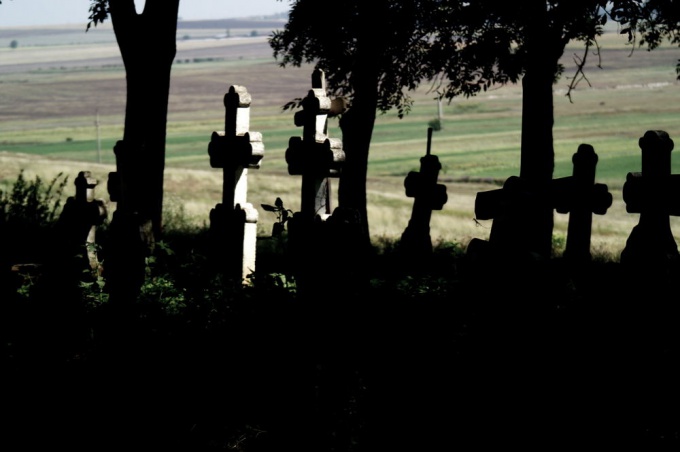
6
After performing the funeral prayers you can sit at a memorial table. The memorial meal is a continuation of the sacred Liturgy. Served kutya - boiled wheat or rice with honey and raisins, which is brought to the temple at the time of the funeral or lithium. Then taking her home and memorial meal start with eating the consecrated Kuti. Traditionally, the funeral preparing pancakes and jelly. If the funeral has fallen on lean days, and a funeral food must be meatless. Wine, especially vodka at a funeral Banquet should not be present. Wine - a symbol of earthly joy - to remember the dead is not accepted. A remnant of paganism is the custom to put Cutlery "late", even more unacceptable to put a glass of vodka and a piece of bread in front of a portrait. Such traditions should not be respected in Orthodox families. A memorial table to remember the deceased, his good qualities and actions (and therefore are called funeral prayer – funeral from the word "memory").
Useful advice
Special days of remembrance of the deceased are the third, ninth, fortieth day after death. Godin – the date of death of the deceased. Commemorate birthdays and nameday. On special days of remembrance are memorial services that are referred to as Ecumenical. Themselves memorial days are called Ecumenical parental Saturday. They do not have a constant number, but based on the challenge of the Lenten-Easter cycle.
